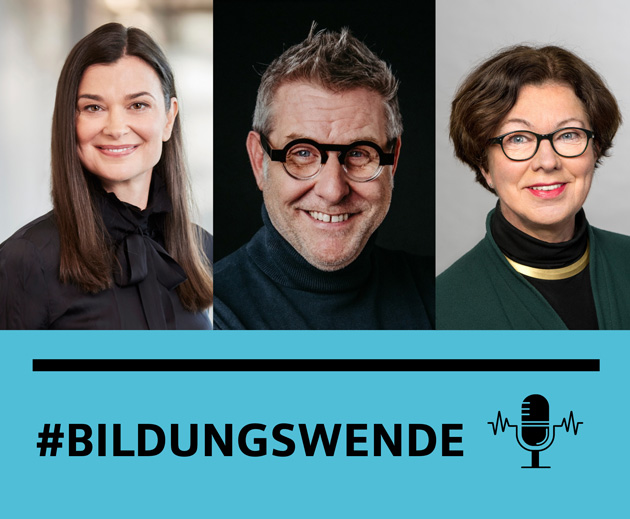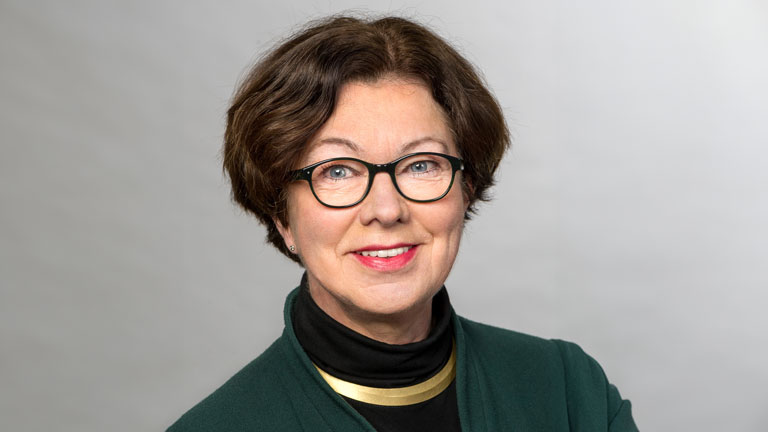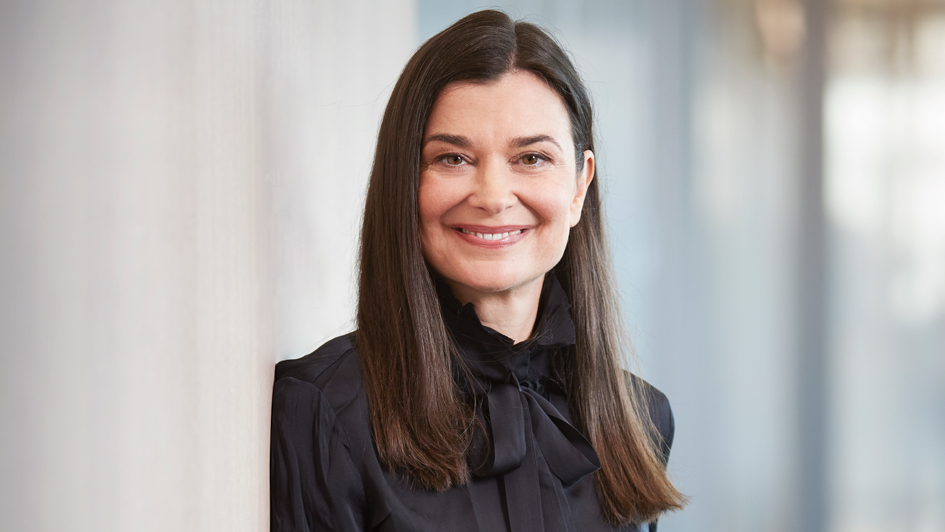«We want children to become active shapers of their future!»
Videocast with Prof. Dr. Reiss and Dr. Smidt

In the #Bildungswende (educational turnaround) videocast, our Managing Director Dr. Nina Smidt and Prof. Dr. Kristina Reiss, renowned education expert and long-serving head of the PISA program in Germany, discuss the future of education with David Neil Nethen. They address the central question: How schools need to change to prepare young people for the diverse challenges of our VUCA world?

Dr. Reiss and Dr. Smidt focus on Siemens Stiftung’s STEMplus approach developed by Dr. Reiss and Dr. Filtzinger, which links learning in the STEM subjects at school with key 21st century skills. Both emphasize that today it is no longer just about imparting purely fact-based knowledge, but above all about understanding school as a place that encourages curiosity, offers space for exploratory learning and openess for mistakes. Only in this way can school become a place of shared learning that encourages pupils to creatively tackle new challenges and help shape social change
“For me, the school of the future is a place to live. Not a place of learning and teaching, but of interacting with one another and learning how to shape life and meet new challenges appropriately,” Prof. Dr. Kristina Reiss.

On the occasion of the „International Day of Women and Girls in Science“, Dr. Reiss and Dr. Smidt also discuss how the STEMplus approach in particular can help to get more girls and young women interested in the STEM fields. They highlight the importance of: female role models in leadership positions, early promotion and supporting the transition between school and training along with making STEM lessons more practical at school. They opine that often it is the decisive factor that ecncourages a young women’s choice of study and career, or their interest.
“The fact that fewer women are interested in STEM professions in many countries also has a lot to do with a lack of application orientation. It is important to introduce students to STEM subjects at an early stage and explain the broad opportunities that this field offers to drive sustainable social development,” Dr. Nina Smidt
When STEM content is not viewed in isolation, but in the context of the real–life challenges such as sustainability, climate change or health, this motivates young people, especially girls and women, to engage with these issues. According to Dr. Reiss and Dr. Smidt, practical approaches such as STEMplus can help pupils, regardless of their gender, to comprehend how STEM subjects are applicable in different areas of life. This could ultimately help to break down prejudices and stereotypes about technical and scientific careers and boost young women’s confidence in their abilities.
What will the school of the future look like?
David Neil Nethen in conversation with Dr. Nina Smidt and Prof. Dr. Reiss – available as podcast and videocast in German:


